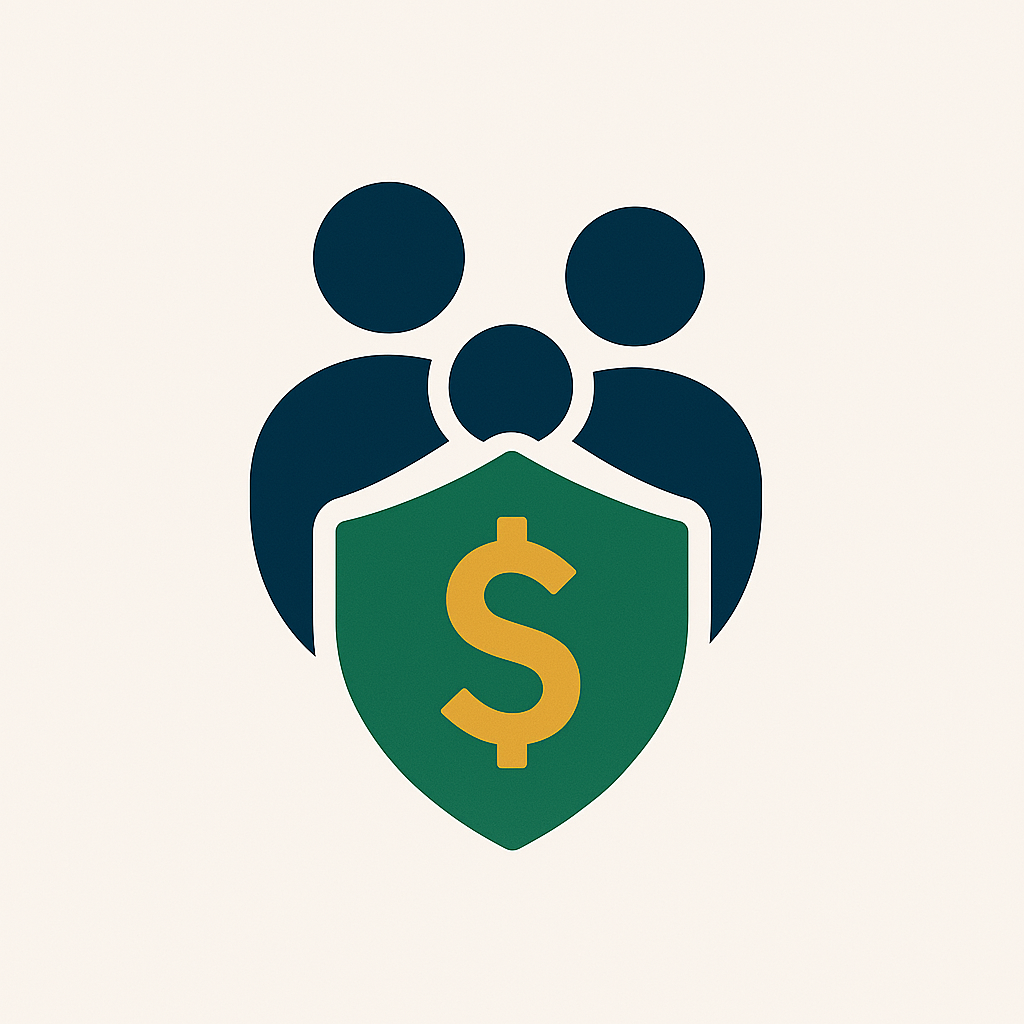What to Do About These High Interest Rates
High interest rates can feel like a never-ending cycle of rising costs and stagnant wages. But amidst the economic storm, there are some things you can do to navigate this challenging period.
Understanding Interest Rates
Interest rates are the cost of borrowing money. When the interest rate is high, it means it costs more money to borrow money, making it more expensive to borrow. Conversely, when the interest rate is low, it means you can borrow money for less, making it easier to manage your finances.
Interest rates are set by central banks, who are responsible for controlling inflation and maintaining economic stability. Central banks can adjust interest rates through monetary policy tools like adjusting reserve requirements, adjusting the supply of money in the economy, or raising or lowering the discount rate.
High Interest Rates: What They Mean for You
High interest rates can have a significant impact on your finances, both positive and negative. Here’s a closer look:
* Positive impacts:
* More manageable mortgage payments: With rising mortgage rates, high interest rates can make it more difficult to pay your mortgage on time.
* Lower interest rates on loans: Lower interest rates can help you save money on loans and other debts, such as credit card bills.
* Reduced risk of default: Lower interest rates make it easier for lenders to lend money, which can lower the risk of default and protect borrowers’ credit.
* Negative impacts:
* Increased loan costs: Higher interest rates make it more expensive to borrow money, increasing the cost of loans.
* Reduced investment returns: Lower interest rates make it more difficult to earn interest on savings accounts and investments.
* Challenges to saving money: Higher interest rates can make it more challenging to save money, as the value of savings accounts and investments decreases faster.
Taking Action Against High Interest Rates
While high interest rates can be a challenge, there are some things you can do to navigate this period effectively:
* Review your debt: Assess your debt and interest rates and make a plan to pay off high-interest debts first.
* Consolidate high-interest debts: Combine multiple debts with high interest rates into a single loan with a lower interest rate.
* Refinance your mortgage: If your mortgage has a high interest rate, consider refinancing to a lower rate.
* Rebalance your portfolio: Adjust your investment portfolio to align with your risk tolerance and investment goals.
* Monitor interest rate news: Stay informed about the latest developments in interest rates and economic conditions to make informed financial decisions.
Conclusion
High interest rates are a complex and ever-changing economic factor. By understanding the basics of interest rates, taking proactive steps to manage your finances, and staying informed, you can navigate this challenging period and protect your financial well-being.

Leave a Reply